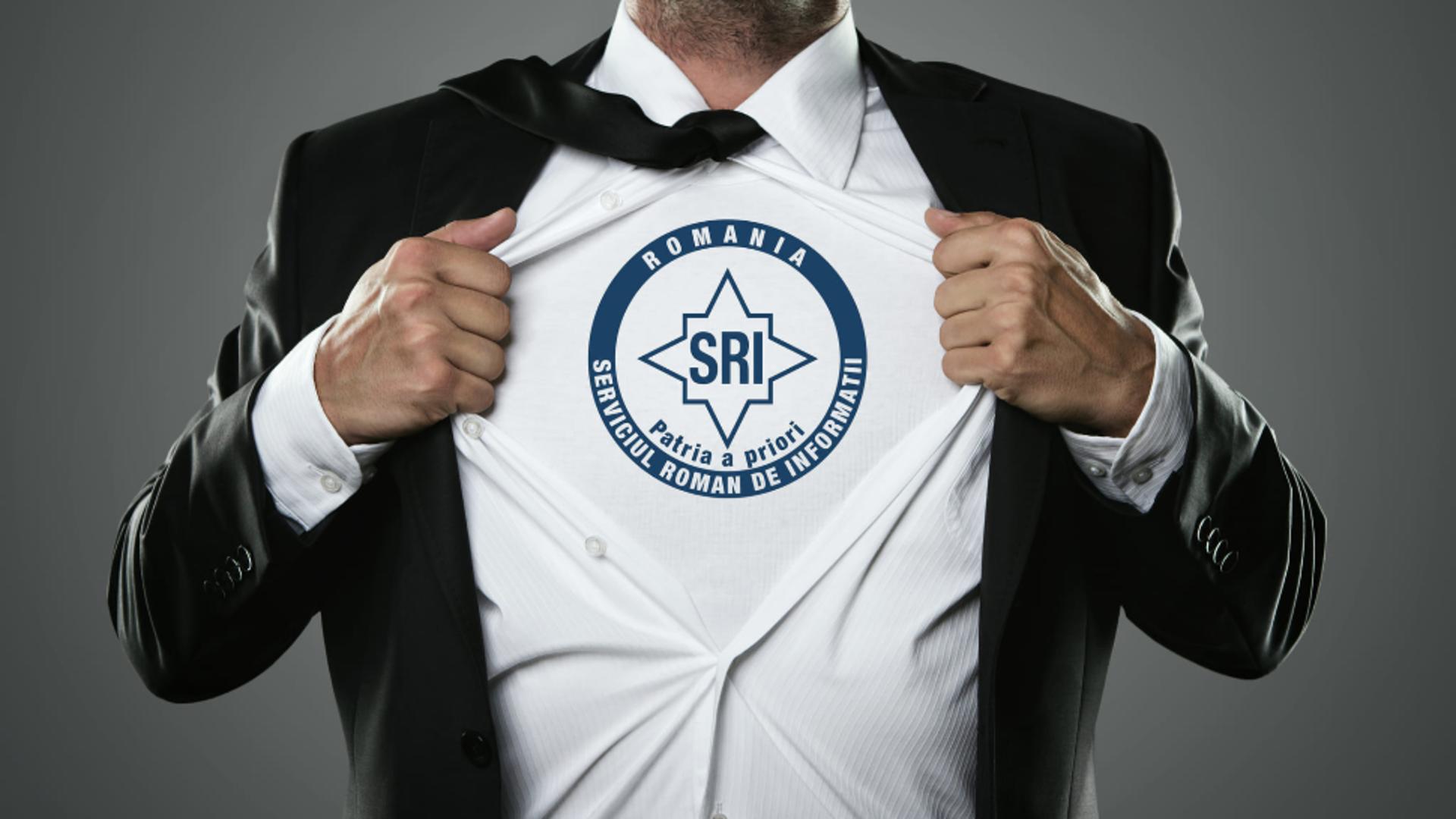Congress in 2021 enacted the Corporate Transparency Act, a law designed to help law enforcement and intelligence agencies catch money launderers and international criminals.
All registered corporations outside of 23 exempt categories must file with the US Financial Crimes Enforcement Network and identify their “beneficial owners.”
The requirement
By year-end 2024, all nonexempt corporations must register with FinCEN and file a Beneficial Ownership Information Report. A “beneficial owner” is someone who “exercises substantial control over the company, or who owns or controls 25% of the ownership interest in the company.
Per FinCen’s FAQ, HOA board members would be “beneficial owners” and would need to file identifying information with FinCEN.
The information: The BOIR must contain the following information regarding the company: legal name, address, state of formation, taxpayer identification number and Employer Identification Number. Each beneficial owner must provide their full legal name, date of birth, current address and their driver’s license or passport number, with an image of that identification document.
Providing the information: FinCEN has a website for filing the information, boiefiling.fincen.gov . The site is simple to use and without charge to file the information. The person who starts the process applies for a “FinCEN ID” for the company, and each “beneficial owner” (in our case the HOA board member) signs on individually using the HOA’s FinCEN ID and directly provides their own name, birthdate, address and scanned copy of driver license or passport.
Should we do it or hire someone?
Companies around the country are offering to help companies make this filing for a fee.
Since the filing is federal, it doesn’t matter where the assisting company is located.
However, using a paid service to help with the BOIR filing is purely optional. One might question why anyone would pay an intermediary to provide this information to the federal government instead of providing it directly to the government, particularly given the concerns about exposure to hackers.
What about identity theft?
The federal government already has far more sensitive information regarding citizens than what is required to be provided to FinCen. Think of the Social Security Administration, the IRS, Homeland Security and Health & Human Services, to name a few.
If hackers penetrate the federal government, far more sensitive information than the FinCen data is already there.
Are some HOAs exempt?
Unincorporated HOAs, which are normally created without any state filing, apparently are exempt from the FinCEN filing requirement.
However, Civil Code 5405 requires all California HOAs, even unincorporated ones, to file the “SI-CID” form at least every other year, so unincorporated HOAs which file those statements may be considered “registered” with the state, triggering the FinCEN BOIR filing requirement.
Very large HOAs with more than 20 directly employed employees and more than $5 million in annual gross receipts may be exempt from the requirement.
What if we don’t comply?
The penalty for willful noncompliance is $591 per day, and criminal prosecution is even possible.
Should this apply to HOAs?
Many, including this writer, believe it is nonsensical to apply the Corporate Transparency Act to HOAs. The Community Associations Institute filed a federal court class action lawsuit in September, challenging the application of the Act to HOAs.
Go to fincen.gov/boi-faqs for more information.
Kelly G. Richardson CCAL is a Fellow of the College of Community Association Lawyers and Partner of Richardson Ober LLP, a California law firm known for community association advice. Send column questions to Kelly@roattorneys.com


























